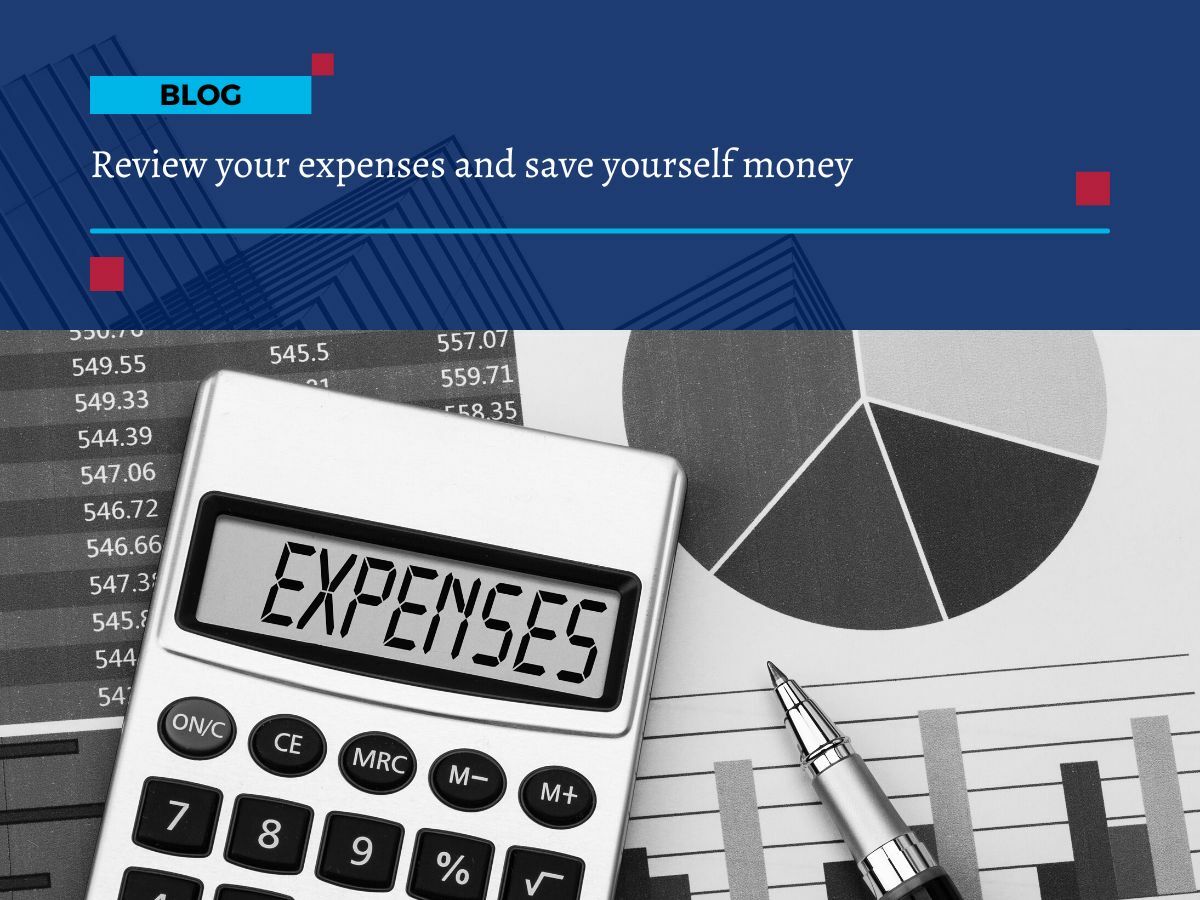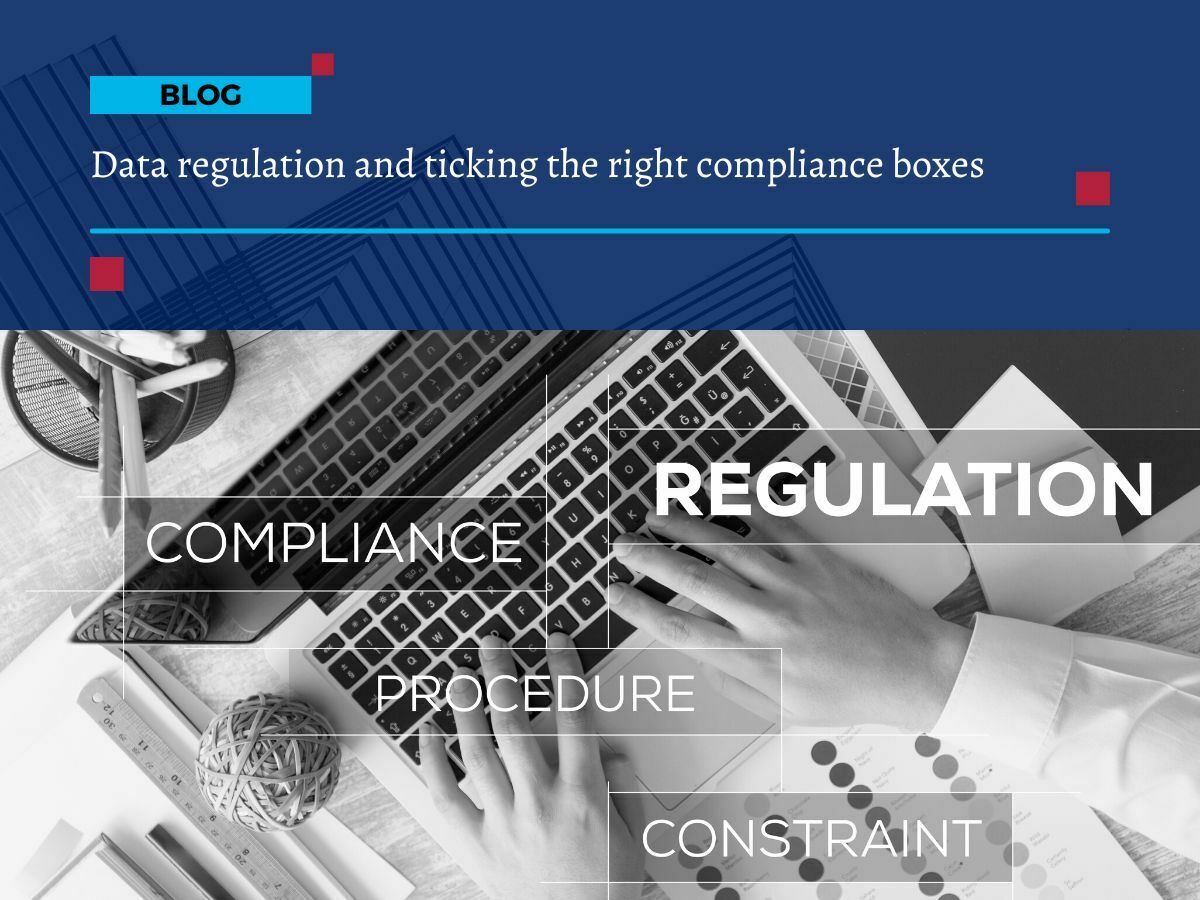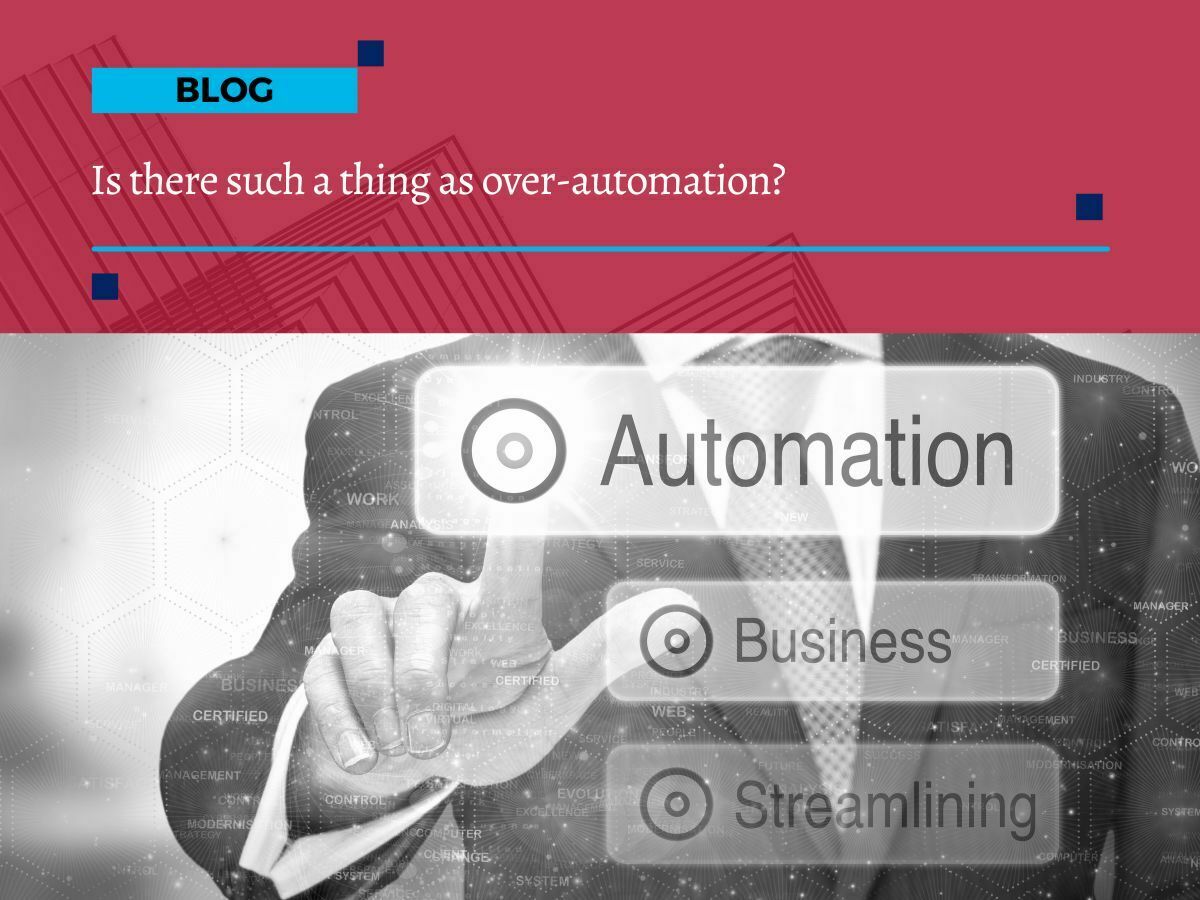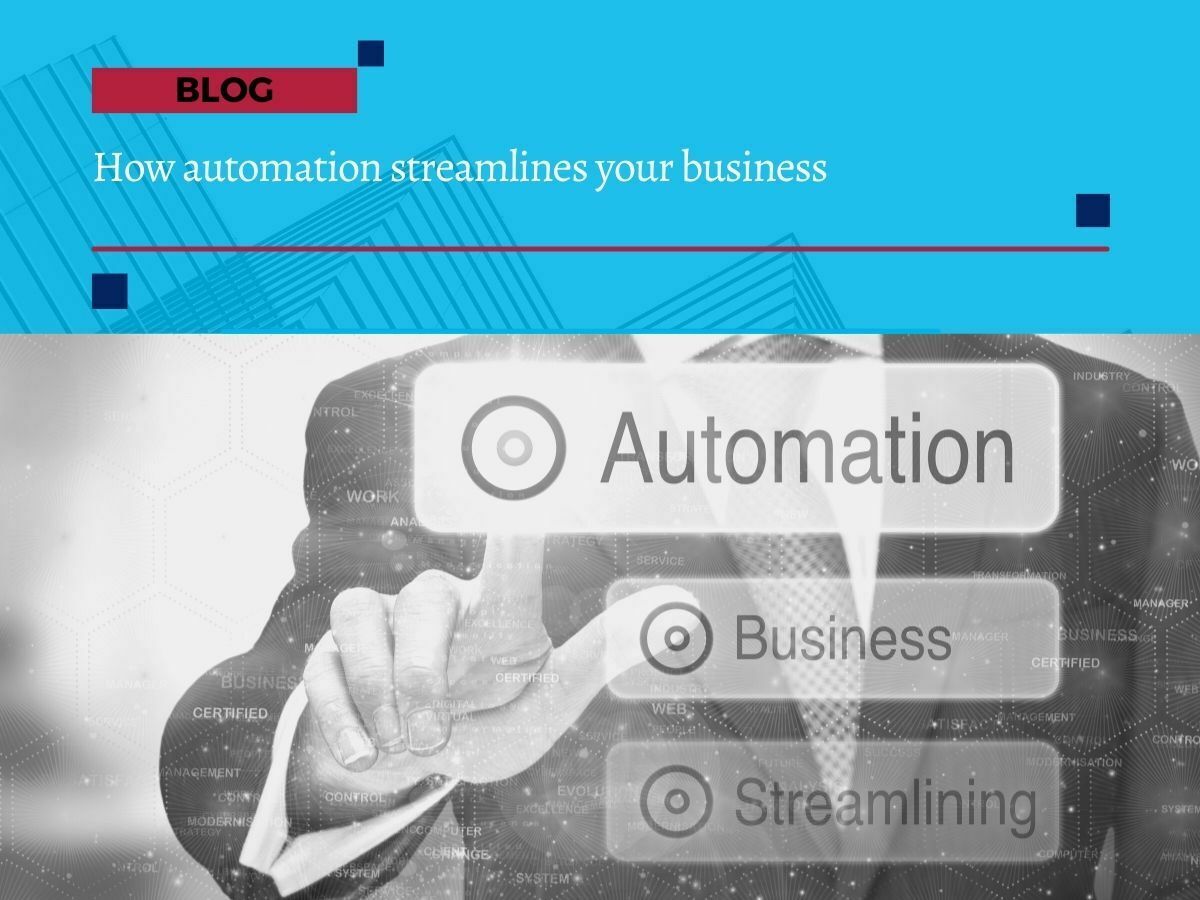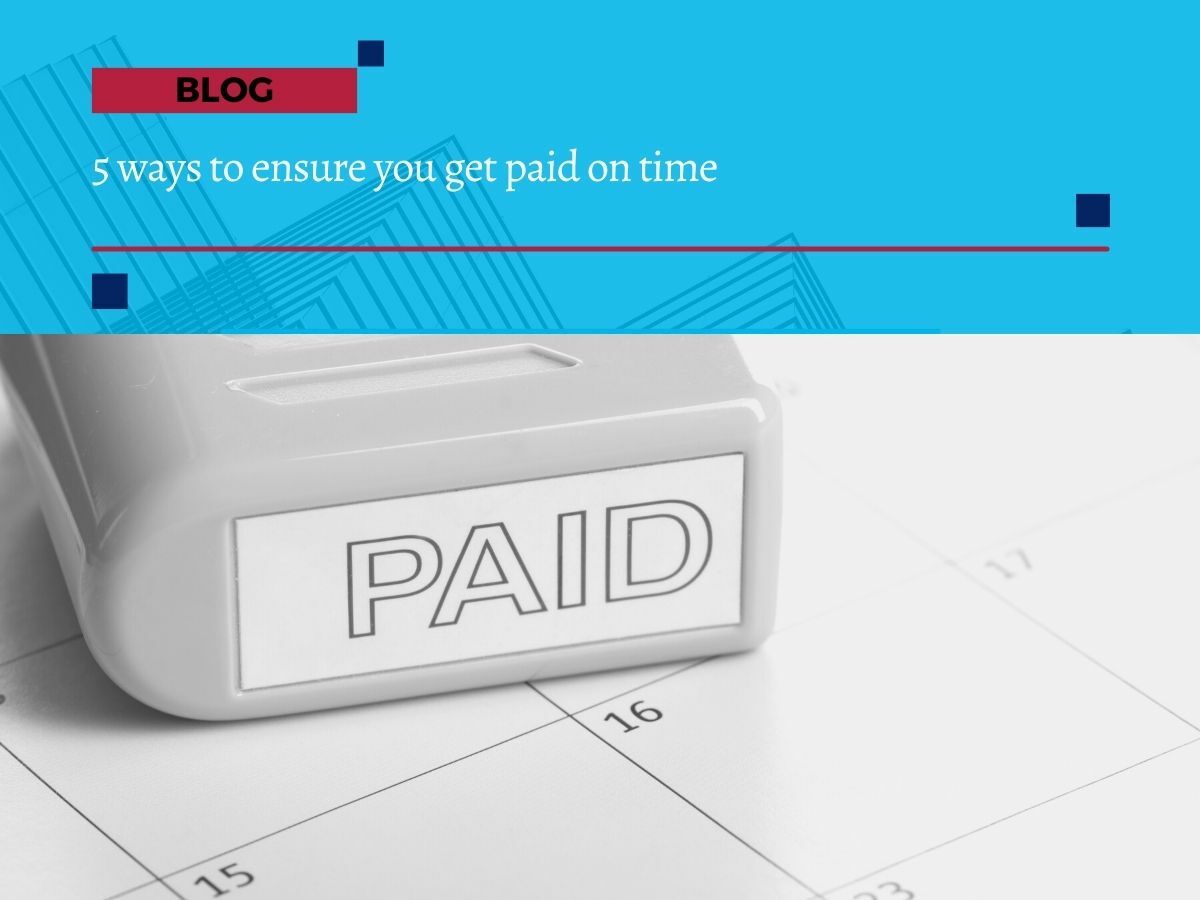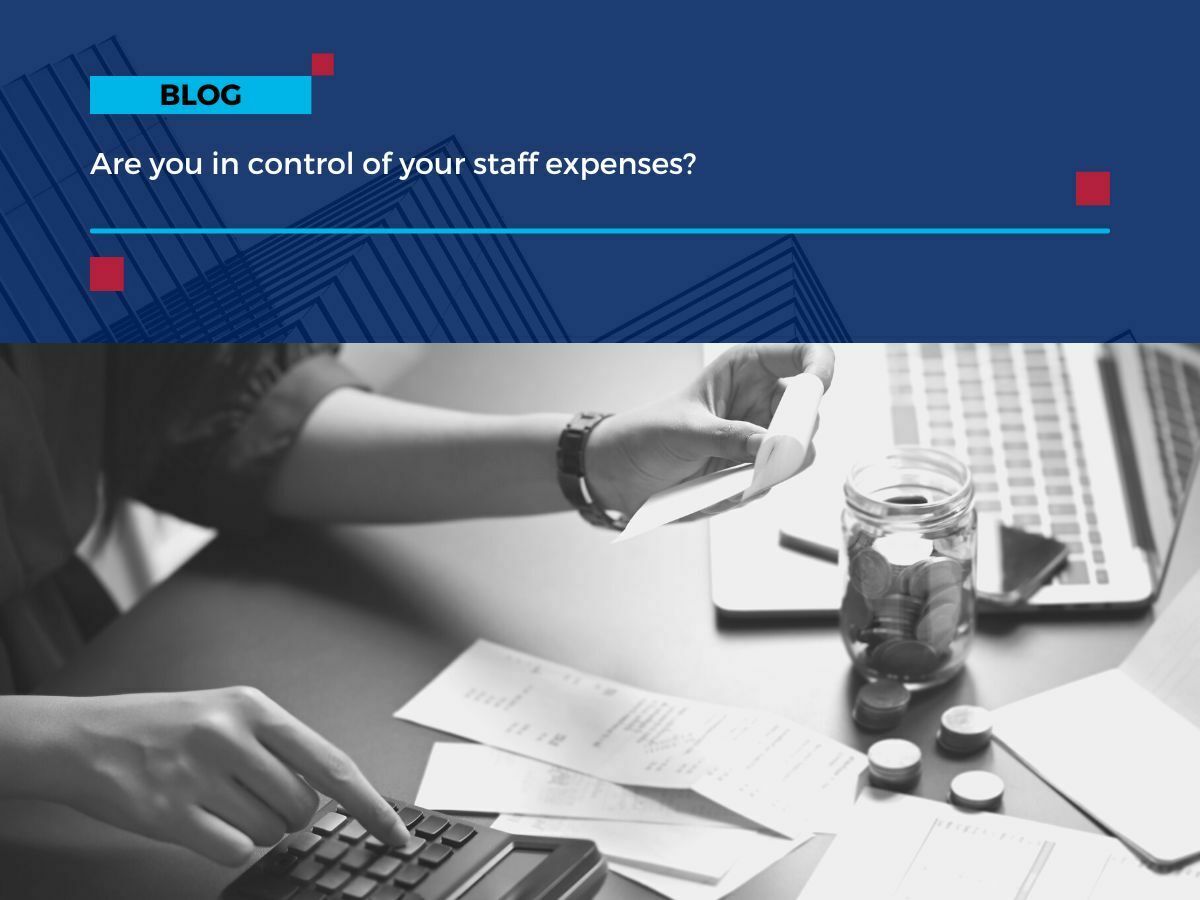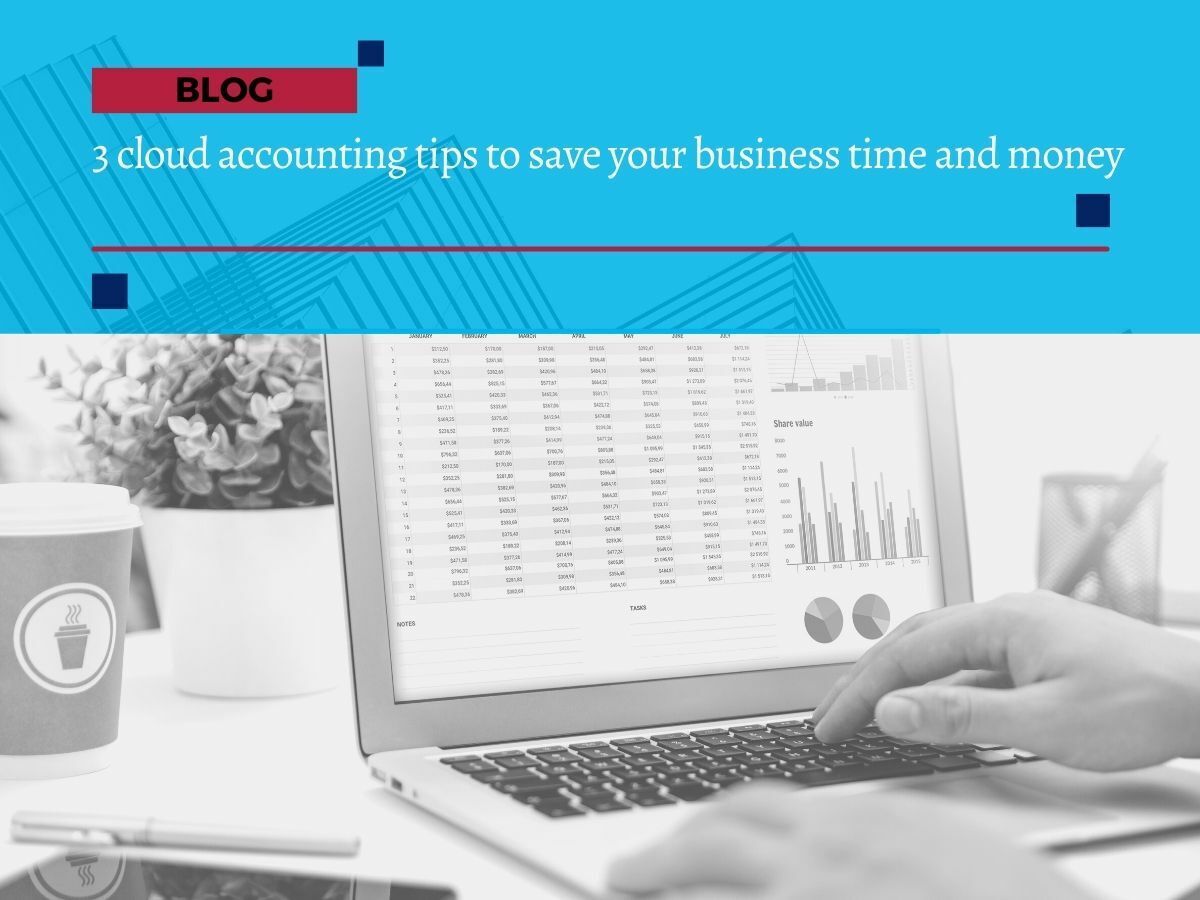
7 ways to save time and money in your business
7 ways to save time and money in your business
We all know that time is money. And the quest to find balance between quality and speed can often feel like a never-ending battle.
With this in mind, the emphasis on strategies to save time and money has never been more critical. The good news is, technology offers a variety of solutions designed to streamline operations, reduce costs, and boost productivity.
Below, are 7 ways to help your business save time and money. These insights are not just theoretical; they're actionable strategies that have proven effective across various sectors.
How can technology help?
Here are 7 ways to save time (and money) in your business.
1. Automate your invoicing
While invoicing is a vital part of running your business, it can take up a significant amount of your time. Using a digital/cloud accounting system to extract data from supplier emails and auto-populate your invoices can save hours each week. You can also use cloud accounting systems to set up recurring invoices and timely payment reminders, saving your more time.
2. Simplify your expense claims
If you have a manual expense claims process, implementing a digital automated process means your team will save time submitting receipts, approving expenses and dealing with any mistakes.
3. Reduce human error
It’s well known that manual data entry brings a high risk of error. You can eliminate this risk by automating key manual data entry tasks. And that allows you to spend more time on data analysis so you can make better decisions.
4. Automate approvals
Streamlining your bank reconciliation with an automated platform means you don’t waste time manually approving individual transactions.
5. Up to date payroll
Keep staff details up to date and calculate tax contributions within your accounting software. You’ll save significant chunks of time and you’ll avoid mistakes.
6. Accurate information for tax
Instead of Excel spreadsheets, receipts and physical documents, by using cloud accounting software. the information needed for your accountant to complete your tax is accessible through your software.
7. Better access to business data
With smart software and cloud based apps and add-ons, you get accurate business data wherever and whenever you need it. No more going back to the office to check a number, getting back to clients with final details, or reworking quotes because the numbers were wrong.
Harness the power of technology
At First Class Accounts Ovens & Murray and Busy01 Consulting, we specialise in implementing smart, effective apps and solutions that save time and money. Whether you're looking to automate your invoicing, streamline your expense claims, or gain better access to business data, our team is here to guide you through the process.
So, if you want to save time(and money) in your business talk to us about setting you up with the right systems.

